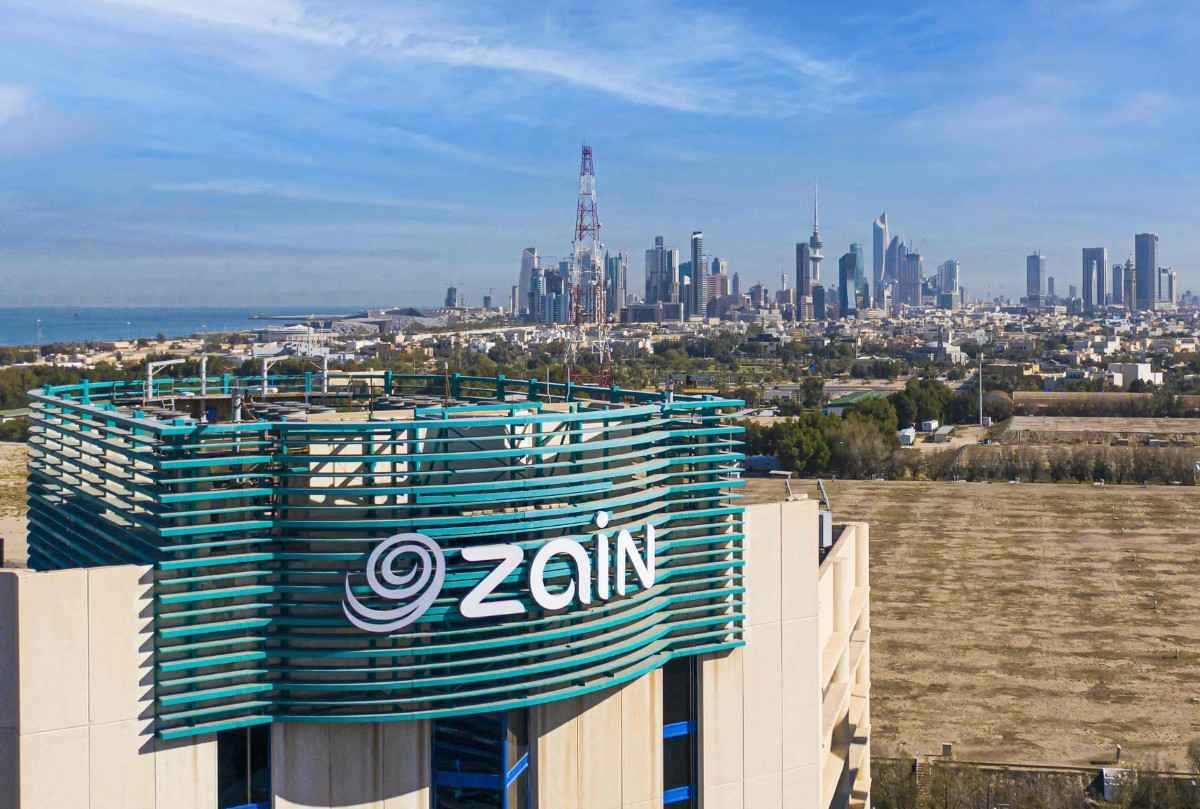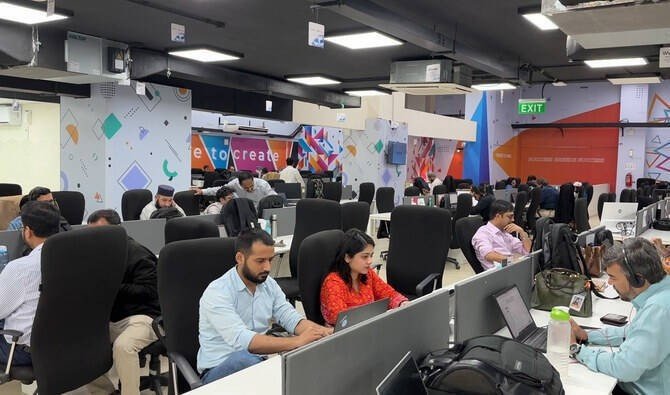The fintech ecosystem in the Gulf Cooperation Council (GCC) region is witnessing a transformative shift, and the recent acquisition of Saudi-based mobile wallet Tweeq by the buy now, pay later (BNPL) platform Tabby is a prime example. This strategic move represents not just the expansion of a fintech giant, but a potential redefining of how financial services are delivered in a rapidly evolving digital economy. The implications of this deal go far beyond the immediate business gains for Tabby and Tweeq. They highlight a broader trend of financial technology companies moving toward comprehensive digital banking solutions, an essential evolution in a region with ambitious goals for financial inclusion and cashless transactions.
A Bold Move for Tabby
Tabby’s acquisition of Tweeq is its first, and it comes at a pivotal moment for the company. Valued at $1.5 billion in its last financing round in 2023, Tabby has rapidly grown into a dominant player in the BNPL market across the GCC, particularly in Saudi Arabia. With over 80% of its 14 million users based in the kingdom, Saudi Arabia is undeniably crucial to Tabby’s future growth.
However, what makes this acquisition particularly interesting is how it enables Tabby to broaden its services. Tweeq is not just a mobile wallet; it is a licensed Electronic Money Institution (EMI) under the Saudi Central Bank (SAMA), providing a digital wallet that offers spending accounts and Mastercard-backed transactions. By acquiring Tweeq, Tabby is no longer confined to the BNPL space but is positioning itself as a digital banking leader in a region where traditional banking still has room for innovation.
For Tabby, this acquisition represents more than just adding new customers or a new product. It’s a pivot toward becoming a one-stop shop for financial services. Tabby’s core BNPL offering has been immensely successful, but expanding into banking-like services such as mobile wallets, money transfers, and digital savings accounts diversifies its revenue streams and makes it a more holistic financial platform. This move aligns with global fintech trends where BNPL firms, like Klarna and Afterpay, are also venturing into banking and other financial services to deepen customer relationships and loyalty.
Tweeq’s Value Proposition
On the other side of the deal, Tweeq brings valuable assets to the table. Despite being relatively young, founded only in 2020, Tweeq has shown strong promise by attracting over $1 million in funding from investors such as Saudi Technology Ventures (STV) and Raed Ventures. These are notable backers, as both were early investors in Tabby as well, demonstrating a clear alignment of interest and belief in the long-term potential of this collaboration.
Tweeq’s main offering—a digital wallet and spending account tied to a Mastercard—provides a modern financial solution for Saudi users. The app enables users to manage their daily transactions seamlessly, including money transfers and payments, whether online or in-store. In a country where digital adoption is growing but traditional banking can be cumbersome for certain segments of the population, Tweeq’s solution provides an accessible and user-friendly alternative.
What sets Tweeq apart from many other digital wallets is its EMI license, which allows it to operate within a regulated framework under SAMA. This level of regulatory oversight ensures that Tweeq is well-positioned to offer legitimate and trusted financial services. By acquiring Tweeq, Tabby gains immediate access to these licenses and the compliance infrastructure needed to operate as a serious player in the financial services sector.
Fintech’s Role in Saudi Arabia’s Cashless Vision
Saudi Arabia is a country undergoing a massive transformation, both economically and technologically. The kingdom’s Vision 2030 plan, spearheaded by Crown Prince Mohammed bin Salman, aims to diversify the economy, reduce dependence on oil, and modernize various sectors, including finance. One of the plan’s key goals is to promote a cashless society, increasing the use of digital transactions and enhancing financial inclusion, especially among the younger population and the underbanked.
In this context, Tabby’s acquisition of Tweeq could be seen as a strategic alignment with Saudi Arabia’s national priorities. With over 80% of Tabby’s users based in Saudi Arabia, it is clear that the company has a vested interest in contributing to the kingdom’s financial transformation. The combination of BNPL, digital wallets, and broader banking services creates a comprehensive ecosystem that supports the vision of a cashless society. By offering products like savings accounts, spending tools, and installment-based payments, Tabby is not only meeting consumer demand but also playing a role in building a more inclusive and digitized financial system.
The Expanding Fintech Landscape in the GCC
The GCC region, particularly Saudi Arabia and the UAE, has been at the forefront of fintech innovation in recent years. Governments and regulators have recognized the potential of fintech to drive economic growth and are actively supporting the sector with favorable regulations and initiatives.
Saudi Arabia, through institutions like SAMA, has been particularly progressive in issuing licenses and setting up sandboxes to encourage fintech experimentation. The acquisition of Tweeq positions Tabby to take advantage of this favorable regulatory environment. More importantly, it sets a precedent for other fintech companies in the region to expand their services and collaborate with regulators to bring more financial innovation to the market.
The wider GCC market is also ripe for fintech disruption. Countries like Bahrain, Kuwait, and Qatar, where Tabby already operates, are similarly focused on building digital economies. By expanding its service offering beyond BNPL to include digital banking services, Tabby is positioning itself as a regional leader in financial technology.
What’s Next for Tabby?
The acquisition of Tweeq is undoubtedly a major milestone for Tabby, but it also raises important questions about the company’s future strategy. Will Tabby continue to acquire more fintech firms to build out its ecosystem? How will it balance its core BNPL offering with new banking services? And how will it ensure that it meets regulatory requirements across the multiple jurisdictions it operates in?
One potential challenge Tabby could face is integrating Tweeq’s offerings seamlessly while maintaining its existing product lines. Managing two different sets of financial services—BNPL and digital banking—requires a robust operational framework and a clear strategic vision. Yet, if successfully executed, the combination of these services could create a powerful ecosystem that keeps users engaged within Tabby’s platform for all their financial needs.
Conclusion
Tabby’s acquisition of Tweeq is more than just a business transaction; it is a reflection of the evolving fintech landscape in the GCC. As the region moves toward a more digital and cashless future, fintech companies like Tabby are playing a critical role in shaping that future. This deal not only strengthens Tabby’s position in Saudi Arabia but also signals the beginning of a new era in digital banking and financial inclusion across the region. As fintech continues to grow, this acquisition could very well be a blueprint for the next wave of innovation in the financial services industry.















